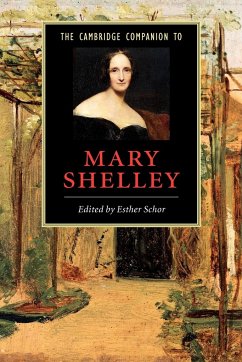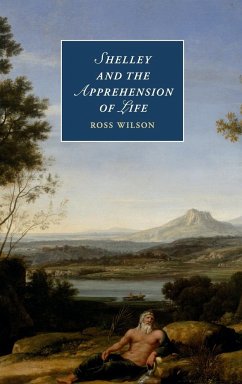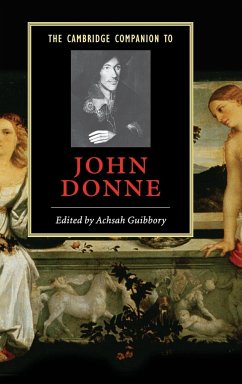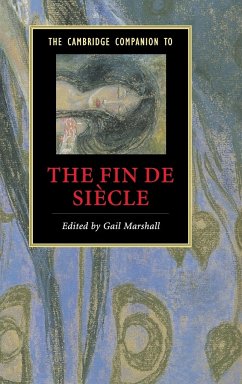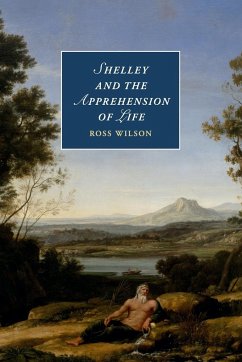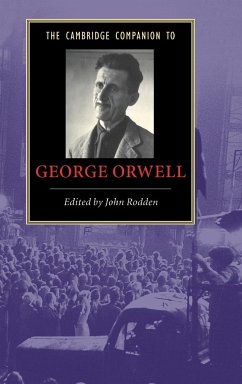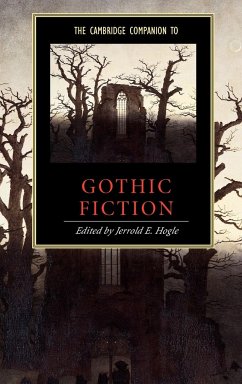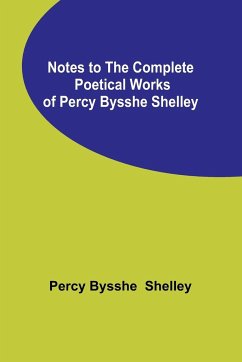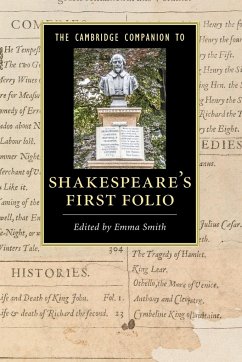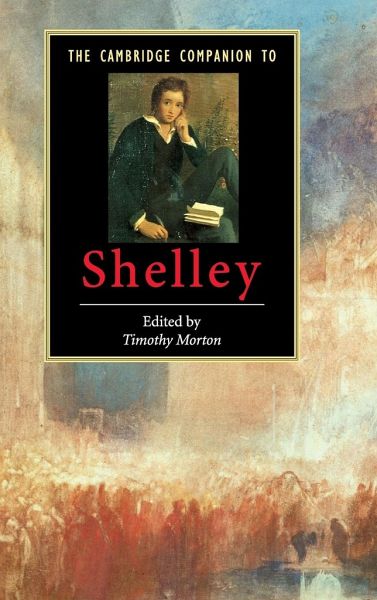
The Cambridge Companion to Shelley
Versandkostenfrei!
Versandfertig in 1-2 Wochen
88,99 €
inkl. MwSt.
Weitere Ausgaben:

PAYBACK Punkte
44 °P sammeln!
Percy Bysshe Shelley (1792-1822) was a revolutionary writer, both in his ideas and in his artistic theory and practice. This collection of original essays is a comprehensive survey of the life, works and times of this radical Romantic poet. Three sections cover Shelley's life and reception; his poetry, prose and drama; and his immersion in the philosophical and political thought of the period. With its chronology and guide to further reading, this lively and accessible Companion is an invaluable guide for students and scholars of Shelley and of Romanticism.





